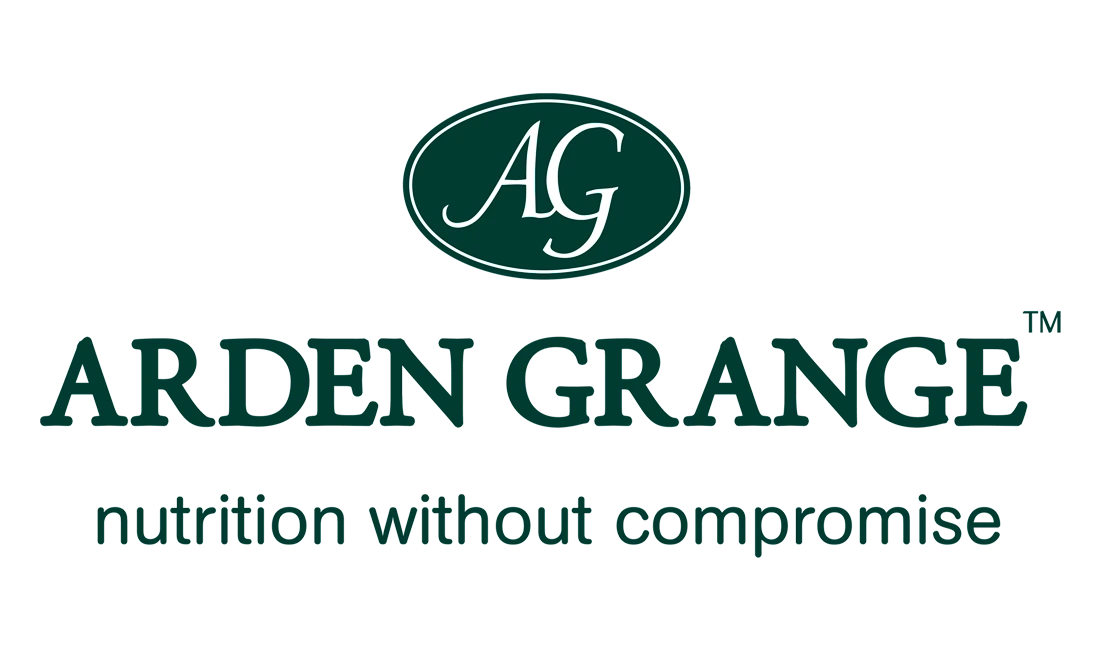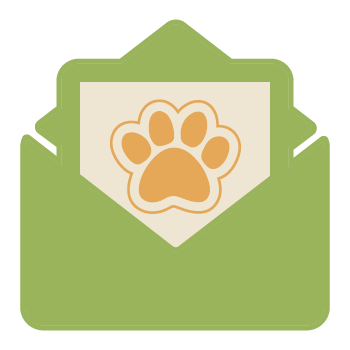10 toilet training tips every new puppy owner should know!
Toilet training should start as soon as your puppy joins your household. Here are our top ten tips to successful toilet training!
1. Be prepared
You will need covers for your floors and furniture (your choice of plastic covers, newspaper, blankets or training pads), puppy-safe detergent and rubber gloves. Allocate a designated area for toileting outside and inside (for young puppies who cannot hold their bladder through the night). Also decide on your training ‘cue words’, rewards and walking routes ahead of time. Ask the breeder about progress with house training before you bring your puppy home, so that you can use a similar schedule and the same commands.
2. Be patient and gentle
Puppies respond best to kind and calm handling. Never get frustrated or lose your temper when things don’t go to plan. There will be accidents, this is perfectly normal. Always wait patiently with your puppy during toileting as they may well be inclined to follow you if you walk away.
3. Pre-empt their needs
A young puppy can’t tell you when they needs to go so take them to their designated toileting area as soon as they wakes up in the morning, after each of their meals, after they wake up from a snooze during the day and before they go to bed in the evening. They probably won’t toilet at every single opportunity, but at least you are giving them the option to do so. Eating stimulates the digestive system, so puppies usually will urinate within fifteen minutes of a meal and defecate within half an hour.
4. Use positive reinforcement
Always use rewards-based training. Be sure to use cue words just before toileting with praise after the event. Each time you let the puppy out in the garden for toileting and have used your cue word, stay with them but don’t interact, just stand still / sit, avoiding contact with the pup and don’t speak to them. Keep a watch on when they ‘perform’ and then give lots of praise or a treat* combined with ‘good dog’. You can then give them a few minutes of play with their favourite toy before taking them inside again.
*To avoid over feeding, keep a portion of dry puppy food to use training treats. Alternatively, we recommend these wholesome treats that are safe for puppies! Arden Grange Crunchy Bites, naturally hypoallergenic dog treats are healthy option, try snapping the biscuits for puppies to make a little go a long way! Our Tasty Pastes are an irresistible reward and only a tiny amount is needed!
Find out more about Crunchy Bites
Find out more about Tasty Pastes
REMEMBER: Praise and petting are also great rewards.
5. Employ good hygiene measures
It is important to clean up after any accidents indoors quickly and thoroughly. Safe, enzyme based cleaners are generally ideal as they remove rather than mask odours. Avoid strong scented fabric fresheners as they can irritate puppies’ sensitive skin and eyes.
6. Be consistent
Training is much easier for your puppy if everyone in the household sticks to the same routine and rules. Puppies can easily become confused, and if one family member is employing a different approach this can cause setbacks. Make sure you are not getting complacent and forgetting to reward your puppy. They need lots of approval!
7. Expect some setbacks
It’s not unusual to have accidents, in fact it’s more unusual not to! Factors such as a change in routine or a simple case of the pup not being able to wait are the usual reasons for a setback. Other contributing factors could be environmental distractions, reaching sexual maturity, as well as getting over-excited, anxious or over-whelmed.
Read our top tips for anxious dogs here
8. Pay attention to your puppy’s diet
During early growth, the digestive system is at its most sensitive. It is important to choose a very highly digestible food that will ensure balanced intestinal flora, and a regular intestinal transit resulting in firm stools. Lower quality puppy foods are not as calorie dense and involve higher feeding portions. This can result in increased stool volume and / or increased frequency of passing them.
Read our fact sheet on puppy nutrition here
We recommend:
Arden Grange Weaning/Puppy
Arden Grange Puppy/Junior
Arden Grange Puppy/Junior Large Breed
Arden Grange Sensitive Puppy/Junior
9. Have a routine but be prepared to change it if it isn’t working
Sometimes toilet training fails to go to plan despite our very best efforts. Firstly, ask yourself these questions; Are you allowing enough time for training? Are you keeping to a routine? Are you using consistent cue words? Are you rewarding good behaviour? Are you taking your puppy out to the garden often enough? Try keeping a log with timing and circumstances of each accident to help you identify the causes and take steps to address them. Sometimes it can help to simply go back a few steps before you can start moving forward again.
10. Learning how to toilet on walks
Once your pup has been vaccinated and is old enough to learn to toilet on their walk, get up early in the morning and take them out before they have an opportunity to urinate or defecate in the garden. This may take some time, as they may prefer to use their familiar toileting area or be distracted by investigating their environment. Allow plenty of time and repeat until they have learned what to do.
REMEMBER: Always ensure clean drinking water is available, never restrict your puppy’s access to water.


 Puppy
Puppy
 Adult
Adult
 Senior
Senior
 Sensitive
Sensitive
 Treats
Treats Kitten
Kitten
 Adult
Adult
 Senior
Senior
 Trusted British Brand
Trusted British Brand

